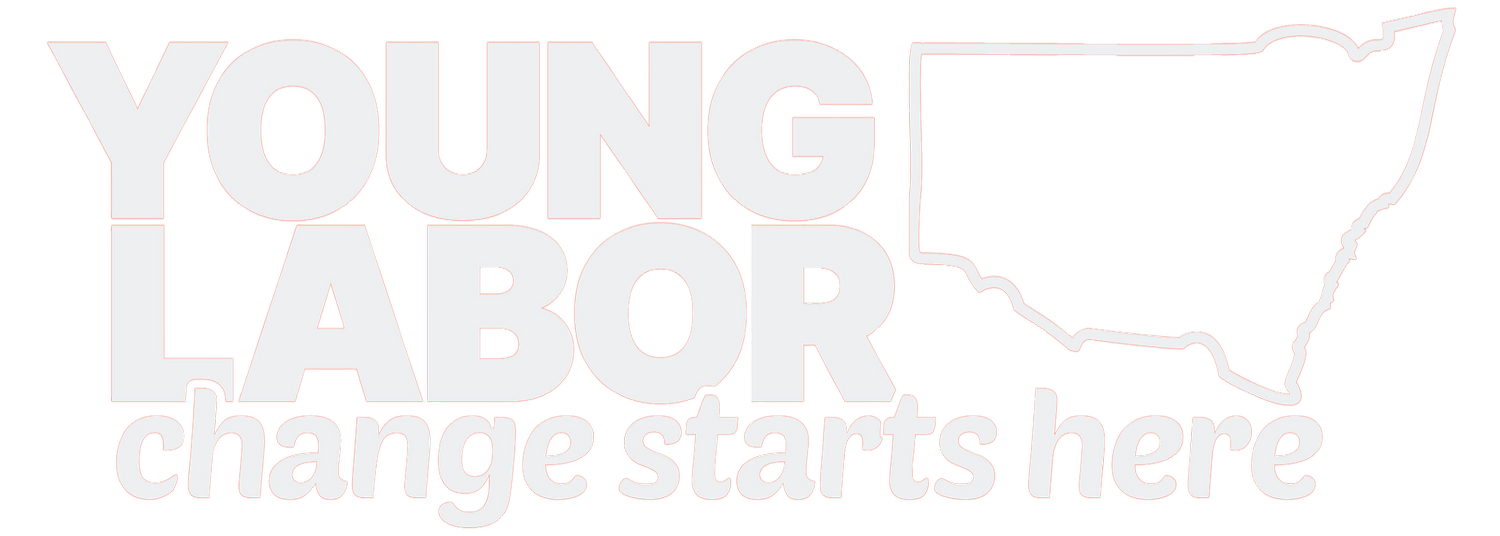Misinformation in the Digital Age
The continual developments and advancements in technology and Artifical Intelligence (AI) is making it increasingly difficult to discern what is fact and what is not. The constant dissemination of misinformation and disinformation is directly impacting our political landscape and democracy, with alarming normalisation of ‘fake news’ being accepted as truth and playing an influential role in public discourse.
Social media is exacerbating this issue, being the vehicle for the spread of sensationalised or misleading content and fostering echo chambers of misinformation. As AI continues to evolve, the lines between truthful information and falsehoods blur, amplifying the confusion of an already complex situation.
Unfortunately, we saw this during the Voice to Parliament campaign. Talking to voters on the campaign, it was clear the disinformation affected people. Such a simple idea was besmirched by disinformation and manipulated by the campaign against the Voice to Parliament to create fear and confusion, ultimately distorting the public discourse.
More recently, the Herald Sun published an article stating that Former Victorian Premier, Dan Andrews, had a membership application for a golf club rejected, only for the President of the club debunking this almost immediately after the story got published. However, this was not before outlets such as Sky News and the Daily Mail could run their own stories on the matter and encourage a discourse of vitriol online.
This incident, whilst seemingly small on the surface, should be a concern for all of us.
In a time where information travels at the speed of a click, the unchecked spread of misinformation threatens Australia’s democratic processes. However, the response to tackling the spread of misinformation is complex. In January 2023, Minister for Communications, Michelle Rowland, released the Combating Misinformation and Disinformation bill exposure draft. While the final version of this bill is to be determined, the Minister has indicated consultation will take place and legislation will eventually be enacted to tackle this spread and critical issue. Yet, this is only one part of a broader solution that involves us.
Advocating for change and transparency is precisely why young people should be engaged with and participate in politics. As a member of Young Labor and being involved in various campaigns, I see the importance and reward in dispelling these myths and mistruths. While social media currently falls short in stopping the spreading of misinformation, having conversations with voters, family members, and friends, can be a powerful antidote. Being informed and getting involved means we can halt the spread of misinformation, debunk falsehoods, and contribute to a more truthful and transparent political environment.

